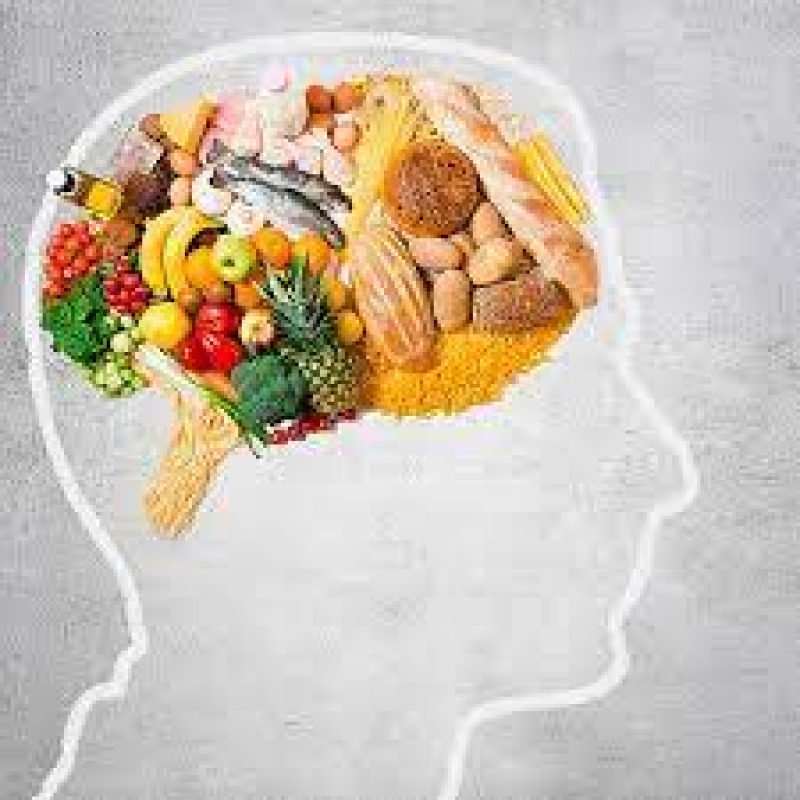- Bangladesh stocks end week higher on upbeat mood |
- BDR name will be restored, army won't be used for politics: Tarique |
- Hili land port highway upgrade delayed again, cost Tk 588cr up |
- Tarique vows quick execution of Teesta Master Plan if elected |
- How Undecided voters May Decide the Election |
Eat green for our mental health?

Our mental health influences the foods we consume, and our mental health in turn influences the foods we eat and how well we eat them.
Much has been said about the correlation between what we eat and our emotional and psychological well-being.
The American Organization for Nutrition and Psychiatry states that there is a two-way street between what you eat and how you feel mentally. Our mental health influences the foods we consume, and our mental health in turn influences the foods we eat and how well we eat them.
Serotonin is a neurotransmitter that aids in hunger and sleep regulation; your gastrointestinal tract produces 95% of your serotonin, and the digestive system's inner workings do more than simply aid in digestion; they also direct your emotions, according to Harvard Health Publications. Your intestinal microbiome consists of "good" bacteria that protect the lining of your intestines, control inflammation, and produce neurotransmitters like serotonin. It also acts as a barrier against toxins and bad bacteria.
Vegetables, fruits, unprocessed grains, fish, and seafood are staples in traditional diets, which may explain why adherents to "traditional" diets like the Mediterranean or Japanese diet have a 25–25% lower risk of depression compared to those who eat a Western diet. Alternatively, the "Western" diet is less healthy for depression because it is higher in sugar and processed foods.
In 2022, researchers led by Dr Jessica Byes examined the efficacy of a Mediterranean diet in alleviating moderate to severe depression in young men (ages 18–25). Their findings were published in the journal Current Developments.
Individuals with moderate to severe depression who followed the Mediterranean diet for an extended period of time showed significant improvements in the diet intervention group.
It may sound like your elders are merely advising you to eat more "healthy" food and more greens so that you might feel better—or at least start to feel better. Their reasoning has scientific support, so we might as well eat our greens for the sake of our mental health, right?

